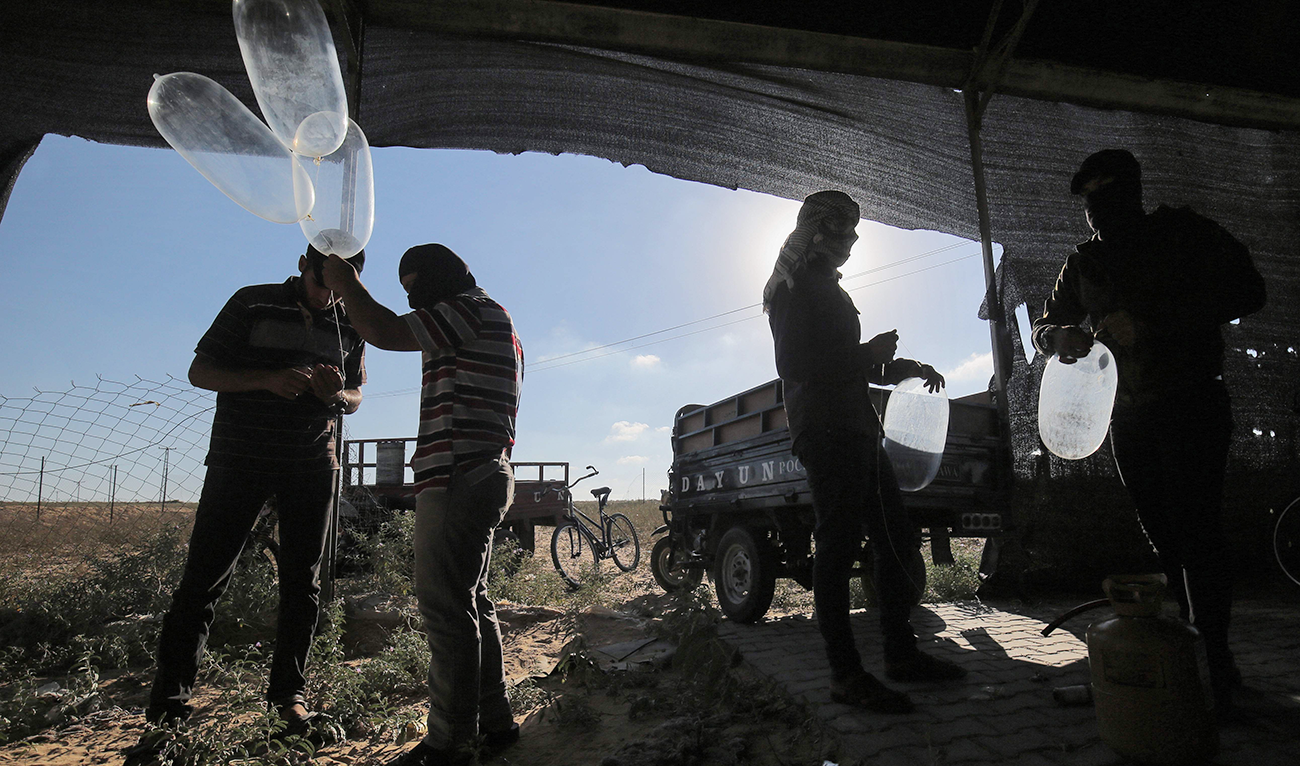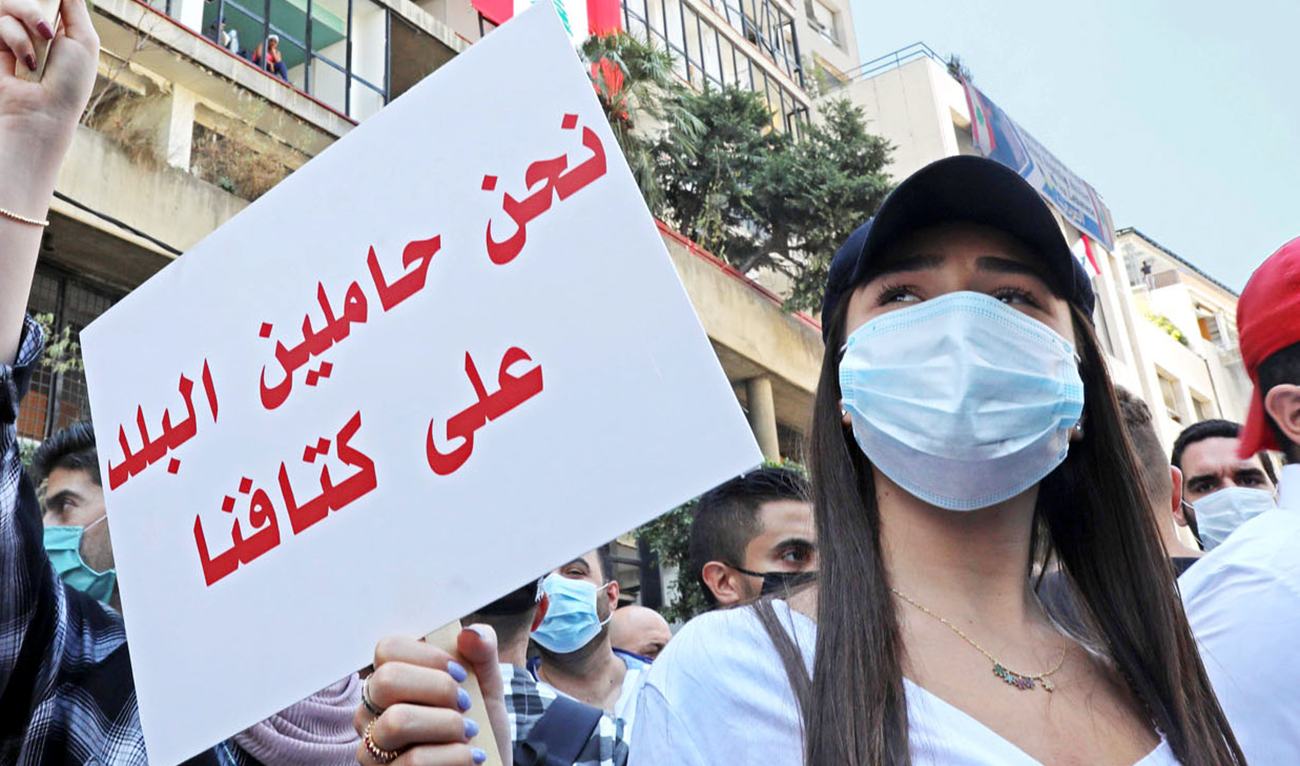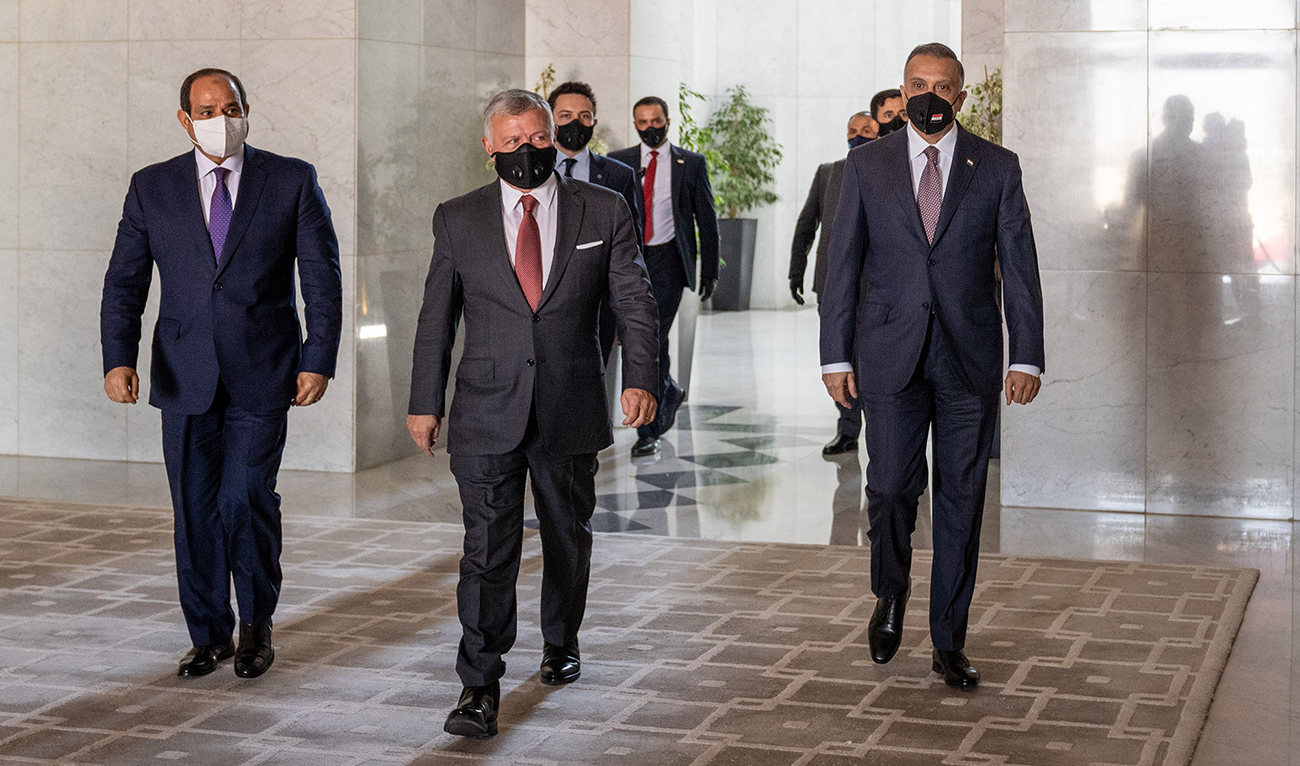ISTANBUL: Fading domestic support for Turkish President Recep Tayyip Erdogan could lead to the self-styled strongman taking aggressive action abroad, according to a new report.
The study by the Washington-based Center for American Progress (CAP) highlights eroding support for Erdogan among right-wing nationalist voters, particularly young conservatives.
It concludes that the hard-line Turkish leader is losing ground at home for the first time in years, and warns that this could result in “more aggressive moves abroad” and heightened regional tensions as he seeks to bolster support.
The survey revealed that Erdogan’s key constituencies are unhappy and unenthusiastic about the government’s performance.
A generation familiar with online news is also dissatisfied with Justice and Development Party (AKP) attempts to restrict social media.
So far, more than 400,000 websites are blocked in Turkey.
“Those who believe the media is ‘biased’ and ‘untrustworthy’ reached 70 percent in 2018, rising to 77 percent in 2020, with a particularly sharp rise among AKP voters,” the CAP report said.
“The growing divergence of younger and older Turks into discrete media spheres may be feeding into broader generational divides over politics and cultural life. This has important political implications for Erdogan and the AKP,” it added.
With 5 million more young voters expected to vote in the next parliamentary and presidential elections set for 2023, the generation aged between 18 and 29 has become the largest voting bloc and the focus of domestic politics.
Max Hoffman, associate director of National Security and International Policy at the Center for American Progress, said economic stagnation was one of several factors damaging support for Erdogan on the conservative right.
Young Turks face a brutal job market, with youth unemployment around 25 percent. In the past year, about 2.5 million people have become jobless, while the Turkish central bank desperately tries to keep the lira’s value steady by using its net reserves.
“That compounds with widespread anger about the refugee crisis and the visibility of Syrian refugees in the major cities, where they stoke economic anxiety among Turks struggling to make ends meet and cultural resentment among those feeling that traditional Turkish culture is threatened,” he told Arab News.
Controversial moves such as turning the Hagia Sophia into a mosque are viewed as attempts to bolster support by pandering to religious conservatives.
Hoffman said the dynamism of the early AKP years is mostly gone — people have become accustomed to services provided by the government and are now more focused on the petty corruption they see in daily life, whether preferential treatment for AKP officials or the need to “know someone” to get a job.
A recent youth survey by Turkish foundation SODEV found that 70 percent of respondents across all political segments believe a talented young Turk would be unable to succeed professionally in Turkey without “political connections.”
“That is all contributing to a generational change that is sapping AKP enthusiasm and could threaten Erdogan’s hold on power,” Hoffman said.
Lisel Hintz, a Turkey expert from Johns Hopkins University, believes frustration is growing among voters over perceived corruption and waste during the years of AKP rule.
With the country’s growth and material benefits long a source of pride, the AKP’s handling of the economy has also disillusioned voters.
“The massive disparity between a president who lives in a 1,000-plus room palace and the average citizen who has seen the price of produce quintuple breeds resentment. This is fueled by the view that Syrians offered temporary protection are a threat to citizens’ economic and cultural status quo,” she added.
A recent survey by MetroPoll revealed that support for the AKP fell from 34 to 30 percent in the past six months, with voters who said they were “undecided” rising to 10 percent.
Two breakaway outfits, the Future and DEVA parties — headed by former Erdogan allies Ahmet Davutoglu and Ali Babacan, respectively — are gaining voters from Erdogan’s base.
Hoffman said that if the two parties attract only a small number of conservatives, they will open the door for opposition mayors trying to show they can address people’s basic needs.
Based on nationwide surveys between October 2019 and April 2020, CAP said that the share of AKP supporters loyal to Erdogan fell by 10 percentage points to 66 percent, while the share of AKP voters willing to support another party leader increased to 37 percent from 21 percent.
Hintz said that government attempts to use its media influence to control public opinion are proving counter-productive as the younger generation voiced its frustration.
A day before university entrance exams, Erdogan met with young Turks on YouTube, but the event quickly received about 300,000 dislikes.




